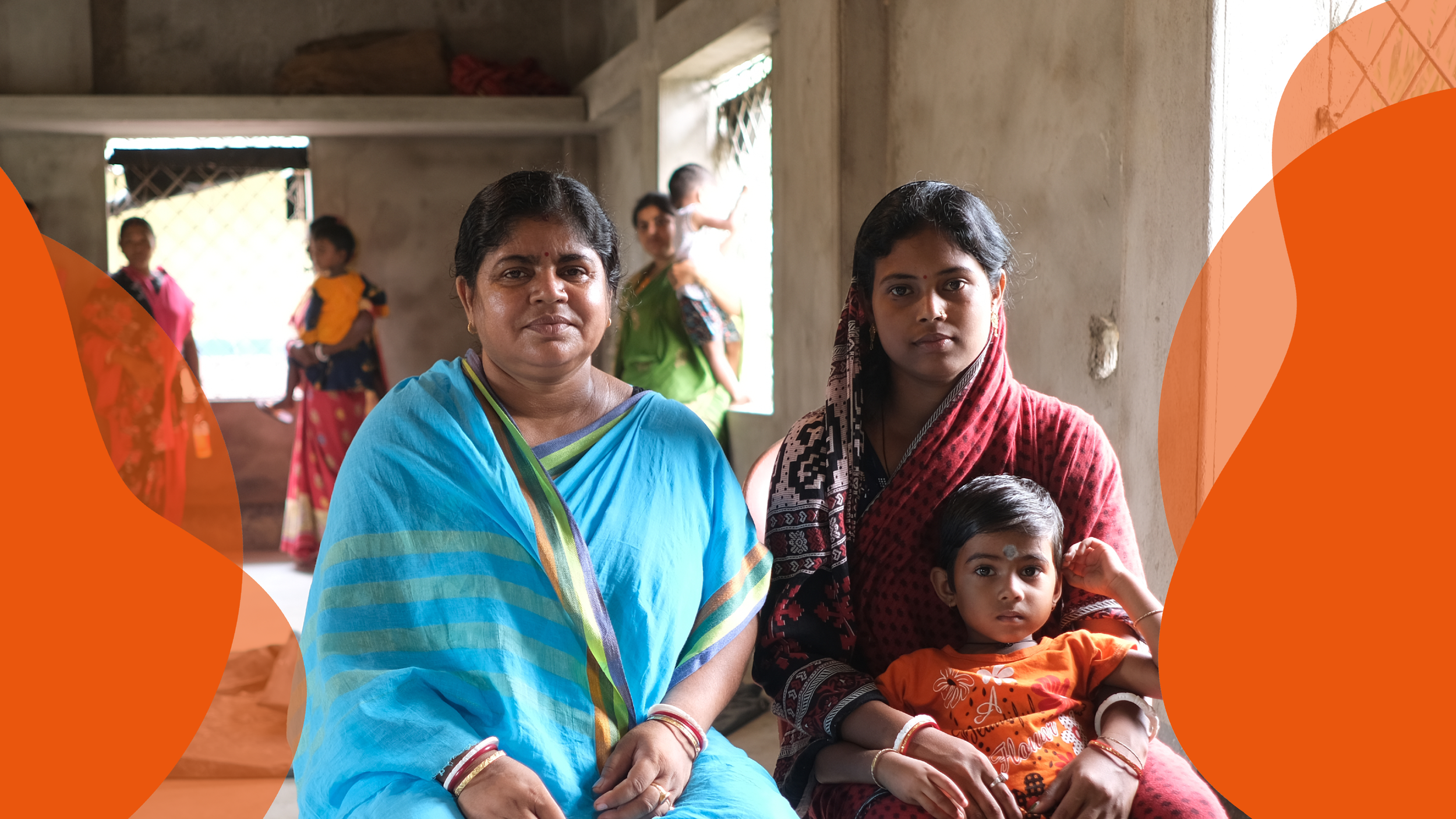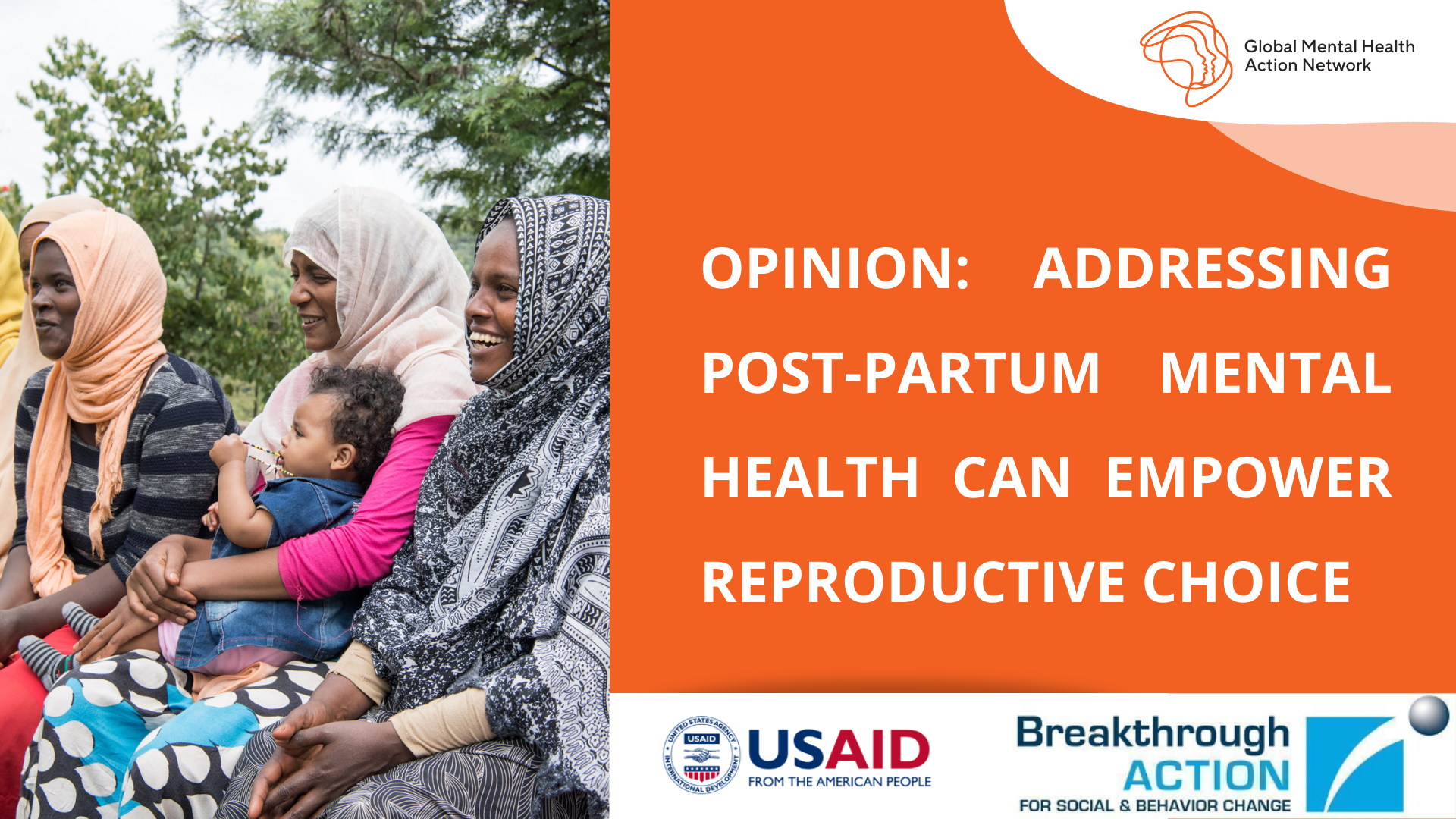
Blogs - Resources - Publications
The latest from across our network, including member blogs, webinar notes and new research & reports
Check out our updated Advocacy Roadmap for 2025 !
Check out our updated Advocacy Roadmap for 2025 !
Men's mental health and non-communicable diseases (NCDs) represent interconnected public health challenges, with men experiencing disproportionate burdens in both areas worldwide. Non-communicable diseases (NCDs), including heart disease, diabetes, and respiratory conditions, are the leading causes of death globally, and men face higher rates of premature mortality than women.
Here is what you “need to know” from the current evidence base.
At this webinar, our expert speakers discussed the crucial role these movements have played in shaping “expertise by experience” as we know it. We examined the role of lived experience in shaping the future of mental health policy, practice, science and advocacy, as well as what we need to understand to make this future a reality.
This is an important year for global mental health. In September 2025, for the first time in the history of the United Nations, mental health will be discussed at the core of a meeting of Heads of State at the General Assembly. GMHAN has been playing a strategic role as the convener of the sector since early 2024, coordinating the global sector and ensuring that the voices of lived experience are being heard at the highest level.
This year’s funding cuts by the US Government (on funds such as USAID and PEPFAR) and other countries' reduction of aid have been felt intensely around the world. Our joint work between the Global Mental Health Action Network and the Mental Health Innovation Network now outlines for the first time the impact of these funding cuts on global mental health.
The Global Mental Health Action Network’s (GMHAN) presence at the World Health Assembly (WHA78) was about more than just hosting and participating in events, it was our strategy in practice. Our activities and engagements are an example of the change we hope to see in the mental health and broader health sectors, with community voices and experts by experience meaningfully included in shaping global policy.
Ahead of the 4th UN High-Level Meeting (HLM) on NCDs and Mental Health, the Global Mental Health Action Network mobilised a delegation of 40 advocates from 30 countries in NYC. Over just 4 days, we hosted an advocacy workshop, held 23 meetings with UN missions covering 5 continents, participated in 7 side events, and carried one unified message at the UN Multistakeholder Hearing: mental health must be prioritised at the upcoming HLM.
As the world prepares for the 2025 United Nations High-Level Meeting on NCDs and mental health, members of the Global Mental Health Action Network are stepping up to ensure mental health is treated as a core pillar of global health and development.
Next week in New York, a powerful and diverse group of GMHAN advocates—including youth leaders, community health workers, researchers, and policymakers—are taking part in the multi-stakeholder hearing to call for urgent action and meaningful change. We are honoured to introduce these inspiring changemakers and the vital work they lead.
As the world prepares for the 2025 United Nations High-Level Meeting on NCDs and mental health, members of the Global Mental Health Action Network are stepping up to ensure mental health is treated as a core pillar of global health and development.
They bring lived experience, expertise, and a deep understanding of the impact of mental health conditions and NCDs in their communities. We are honoured to introduce these inspiring changemakers and the vital work they lead.
Young people are key drivers of change in the mental health movement and their leadership was on full display at the recent youth multi-stakeholder hearing organised by the World Health Organization. Held as part of the lead up to the 2025 UN High Level Meeting on NCDs and Mental Health, the event brought together advocates from across the globe to share their experiences.
At GMHAN we are proud to see young people from our network participating in this critical dialogue and below we share some of their reflections. They speak about their work, their takeaways from the event and what they hope to see on the road to the 2025 HLM.
As we approach the UN High-Level Meeting on the Prevention and Control of Non-communicable Diseases (HLM4) in September 2025, there is a real opportunity to secure meaningful commitments that prioritise mental health in the global NCD response. Two key advocacy tools can help make that happen: the Kigali Youth Declaration and The Call to Lead on NCDs.
Mental health care in China is changing but not quickly enough for the people quietly struggling today. The challenge isn’t just awareness or resources; it’s how we scale care, build trust, and create culturally responsive systems that meet people where they are.
Universal Health Coverage (UHC) is a promise—that no one, regardless of where they live or how much they earn, is denied the healthcare they need. Yet, despite the aspiration, this promise remains incomplete because mental health continues to be undervalued, underfunded, and under-prioritised.
Religion, faith, and spirituality have long been intertwined with mental health, offering both profound benefits and significant challenges. At a #MHForAll webinar, experts explored this complex relationship, asking: How can we harness the benefits of faith for mental health while addressing its potential harms?
This #InternationalWomensDay, we’re celebrating 5 incredible women who are changing the world through their leadership in mental health advocacy. All 5 are co-chairs of the Global Mental Health Action Network , a collective of advocates driving positive change in mental health worldwide. From suicide prevention to tackling stigma, their work is transforming lives and creating a more equitable future for #ForAllWomenAndGirls.
The Commercial Determinants of Health (CDoH) refer to strategies and approaches used by the private sector to promote products and choices that influence public health. Understanding the commercial forces influencing health is crucial because corporate practices and market dynamics play a major role in shaping environments and behaviours that contribute to the development and perpetuation of harm and illness.
Here is what you “need to know” from the current evidence base.
The Global Mental Action Network and the Mental Health Innovation Network are partnering in a project that seeks to understand the impact of government aid funding cuts on mental health services worldwide and reimagine how the sector works.
Our new HLM briefing document highlights key priorities for achieving equitable, integrated, and rights-based mental health services worldwide and is meant to support UN Member States, policymakers, and advocates.
The briefing is endorsed by leading global organisations, Save the Children, World Federation for Mental Health, PATH, MHPSS Collaborative and. Let’s unite around shared priorities and influence the outcomes of the HLM!
Written by Shoukat Ali Baloch. There is no good and bad COP. However, focusing on mental health, I have observed during multilateral negotiations and party meetings, lobbyings and also personal meetings with delegates from the parties, that mental health was on their agenda and they were discussing it broadly to address the integration of mental health stressors at the grassroots level.
The G20 Brazil is over and the presidency was delivered to South Africa… No concept better represents the essence of our work than Ubuntu—“I am because we are.” This philosophy of interconnectedness and mutual care defines the work of a group dedicated to initially advocate for the Mantra and the prioritisation of the investment of Children and Adolescents Mental health, and later, collectively building the #ChildrenInG20
By Don Zane Muwanguzi, Team lead/founder Awesome Minds Speaks
On World Mental Health Day (10th October 2024), the Generational Perspective Dialogue organised by Awesome Mind Speaks brought together youth, policymakers, mental health professionals, and community leaders, to tackle the pressing mental health challenges faced by Uganda's young people.
I am writing this blog just after World Mental Health Day, energised by all the beautiful content, meaningful conversations and impressive work I've been noticing happening around the world over the past couple of days. But this work can also be frustrating. All too often, in meetings and events, I am reminded that it is a sector that remains unequal and, in certain respects, underdeveloped.
On 1st October, we were joined by the key figures setting the agenda for the most significant days in the mental health advocacy calendar. Prof. Tsuyoshi Akiyama (President of the World Federation for Mental Health) and Prof. Rory O'Connor (President of the International Association for Suicide Prevention) shared recommendations to enhance advocacy plans for awareness days, including outlining how advocates can maximise impact in low-resource settings and champion the voices of persons with lived experience.
International and national mental health awareness days and weeks play a crucial role in raising the profile of global issues and garnering support for meaningful action. This advocacy guide aims to provide recommendations to help mental health champions harness the momentum of such moments.
We stand at a critical juncture in history. More than half of the world’s children live in G20 countries, yet their rights, mental health, and well-being remain severely underrepresented in global policy agendas. Amid rising inequalities, the climate crisis, and slow progress towards the Sustainable Development Goals (SDGs), the mental health of future generations is at risk.
Mental health issues among postpartum women in low to middle-income countries represents a silent epidemic that negatively impacts a range of health outcomes. The period following childbirth is fraught with physical, emotional, and psychological changes, which is further exacerbated by limited access to healthcare, lack of mental health awareness, and mental health stigma.
On Tuesday 20th August, we partnered with the Health Effects Institute to explore the effects of air pollution exposure on brain and mental health. Our expert speakers discussed the current evidence base, including new research on the impact of air pollution on conditions such as dementia as well as psychotic symptoms, mood disorders and suicide rates.
Air pollution is contamination of the indoor or outdoor environment by any chemical, physical or biological agent that modifies the natural characteristics of the atmosphere. Outdoor and indoor air pollution cause respiratory and other diseases and are important sources of morbidity and mortality. At the same time, the connection between air pollution and mental health is a growing area of research and advocacy.
Here is what you “need to know” from the current evidence base.
Digital mental health includes mobile and web-based apps, digitally delivered interactions (via e.g., video calls, chats, artificial intelligence chatbots, virtual reality), and devices for assessing, predicting and monitoring health (e.g., wearables and smartwatches) for: information provision, screening and monitoring, intervention, and social support.
Here is what you “need to know” from the current evidence base.
There is no health without mental health, and the attendees at AIDS 2024 wholeheartedly agree! We joined forces with United for Global Mental Health, Elton John AIDS Foundation, and The Global Fund to host the first-ever Mental Health Networking Zone at the Global Village. Exceeding all expectations, we were delighted to meet with over 700 mental health advocates—a powerful demonstration of interest and solidarity for our cause.
On Monday July 29th, a regional coalition was launched with various stakeholders from other Caribbean territories, to advocate for the decolonization of laws against suicide in Trinidad and Tobago, the Bahamas, St. Lucia and in Grenada. This refers to the process of revising or abolishing colonial-era laws that sought to criminalize suicide and suicide attempts. Inherited from European colonial powers, these laws reflect outdated views that treat suicide as a criminal act rather than as a mental health issue.






























